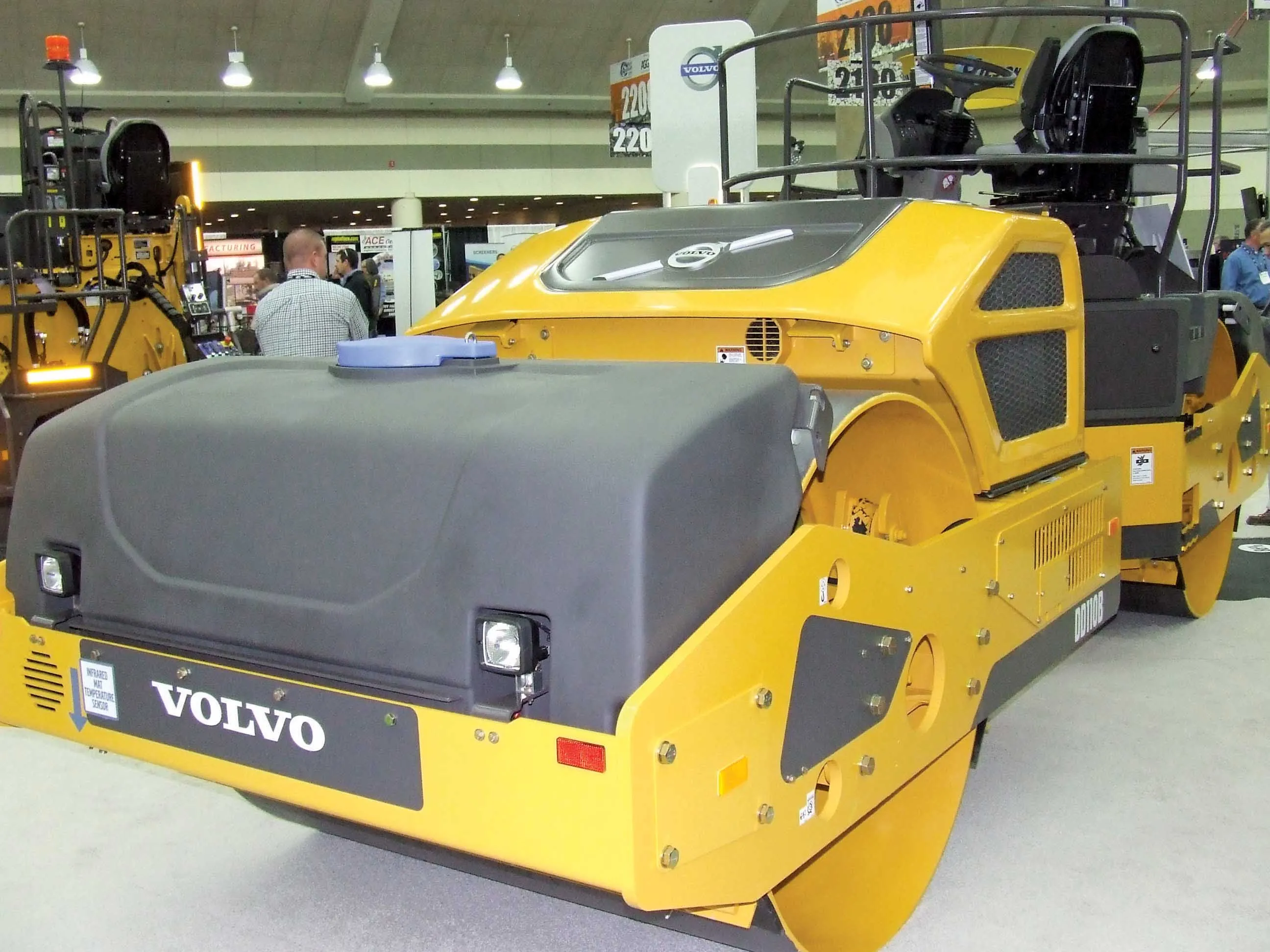Matest subsidiary Pavetest launched its new thermal stress restrained specimen test (TSRST) machine, the TSRST-Multi, at bauma. Designed for tests set down in the AASHTO TP10-93 and EN 12697-46 standards, the machine can test three specimens simultaneously inside a temperature-controlled cabinet which can vary in increments of 10 degrees between - 40 and +40 degrees C.
“We decided to come up with a flexible approach where each station can test statically or dynamically. And you can have any combination,”
April 20, 2016
Read time: 2 mins

“We decided to come up with a flexible approach where each station can test statically or dynamically. And you can have any combination,” said Pavetest MD Con Sinadinos. “It’s been in development for six months.”
Sinadinos highlighted a new approach to the design of the machine, where all the refrigeration elements are isolated within one detachable unit. This means transportation costs can be lower, because certain units are not so tall, and it makes maintenance easier, he said.
Pavetest has developed its control and data acquisition system so that eight channels rather than 16 are needed, which means that a smaller control unit can be integrated into the machine. “Normally you see a mass of wires coming out of these machines. Here they are all hidden out of the way,” said Sinadinos.
All videos








